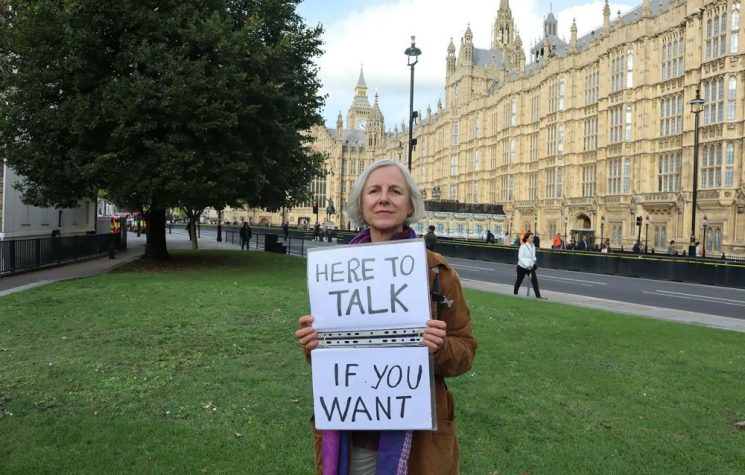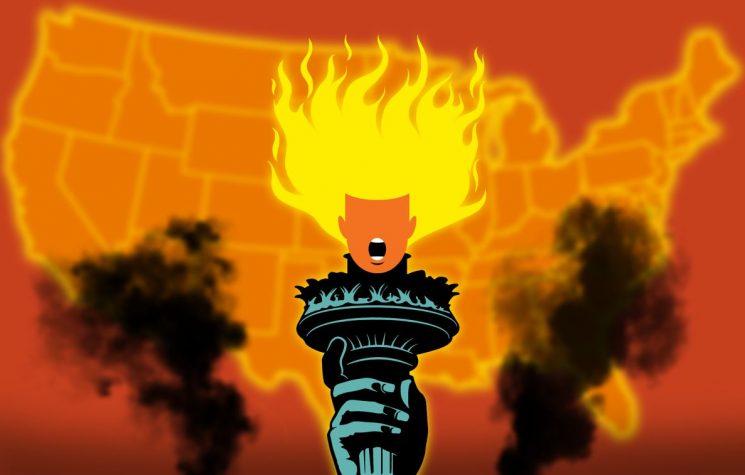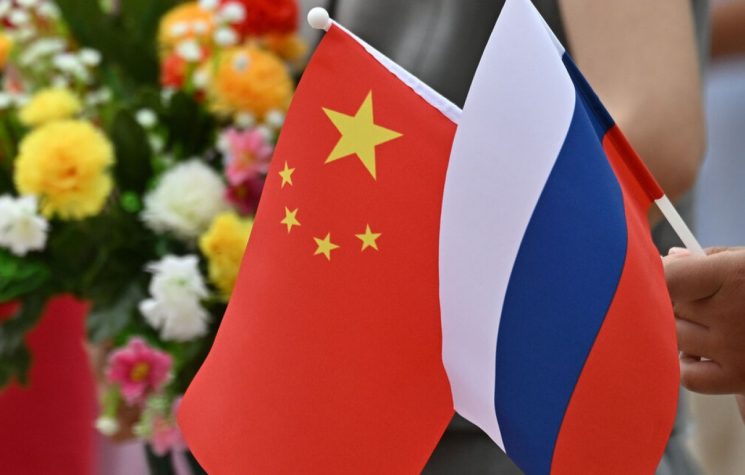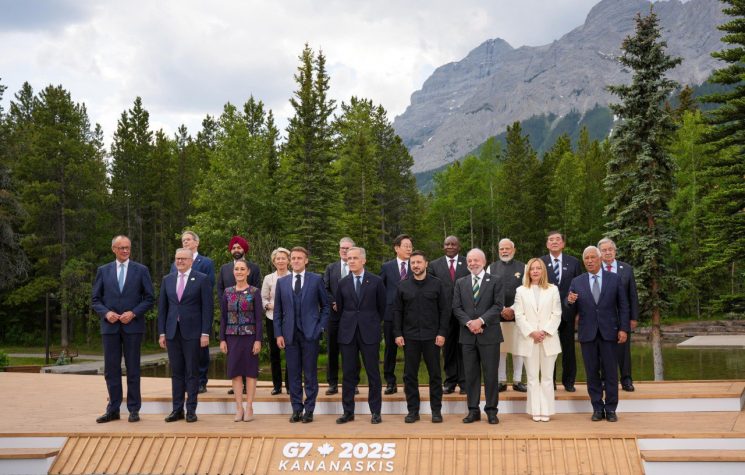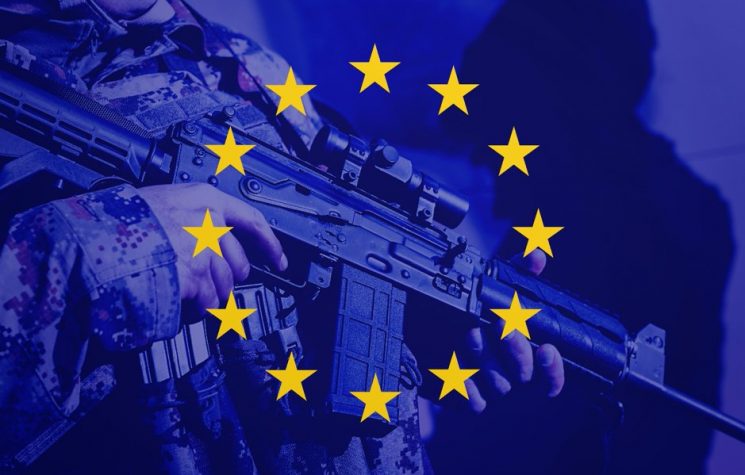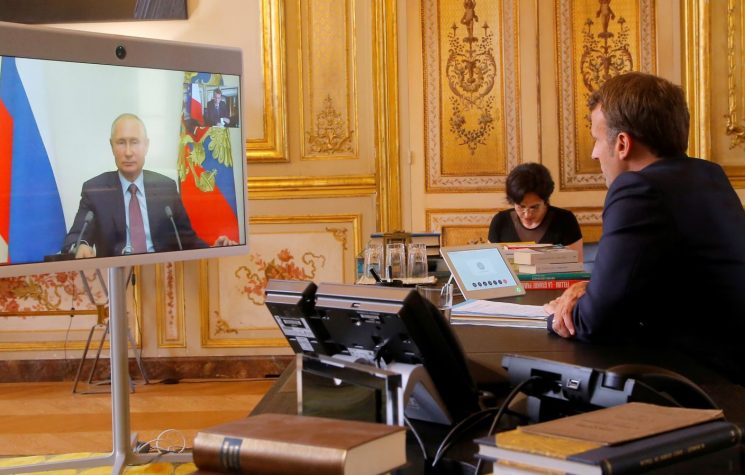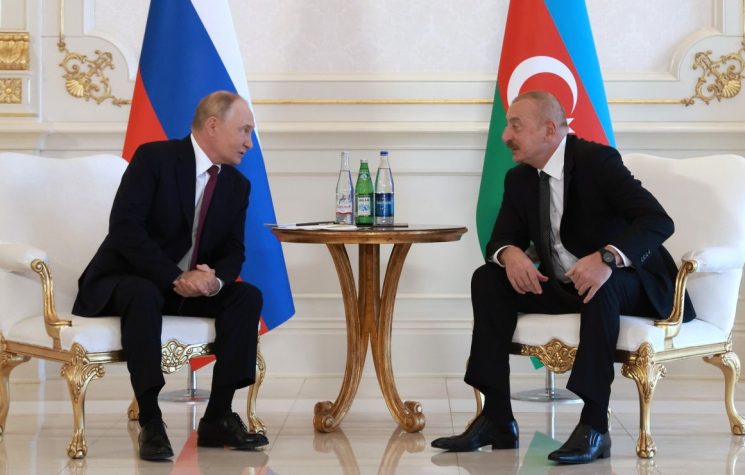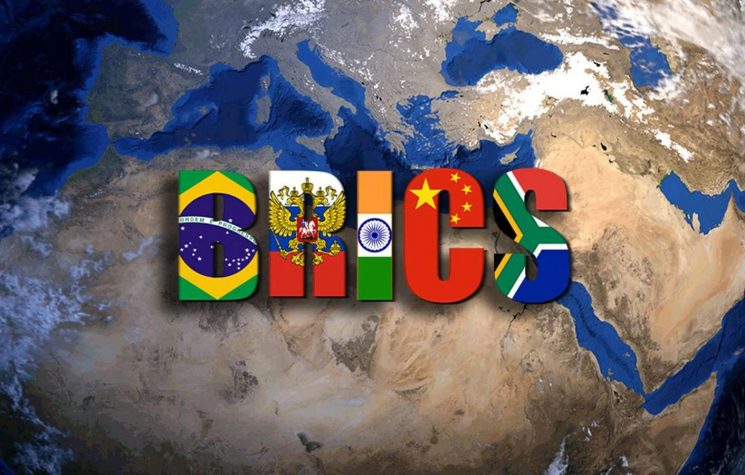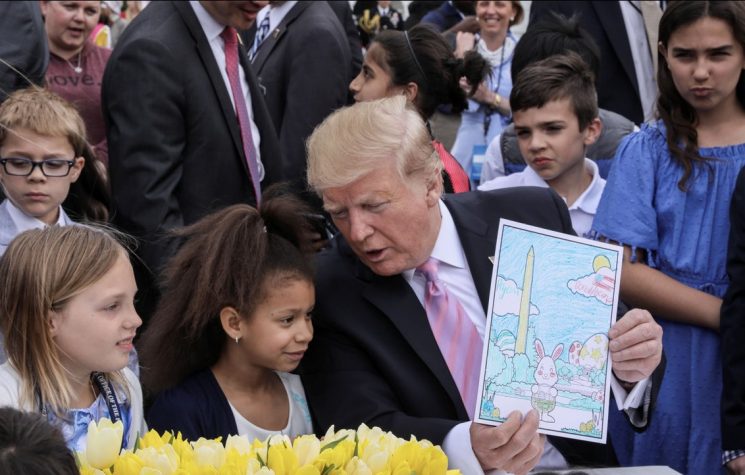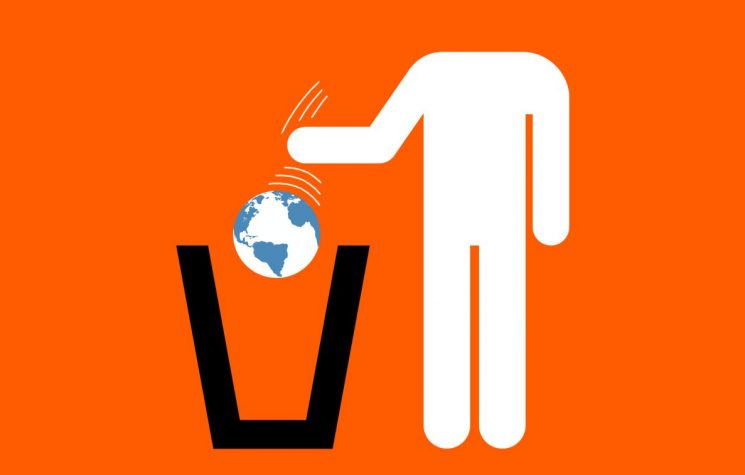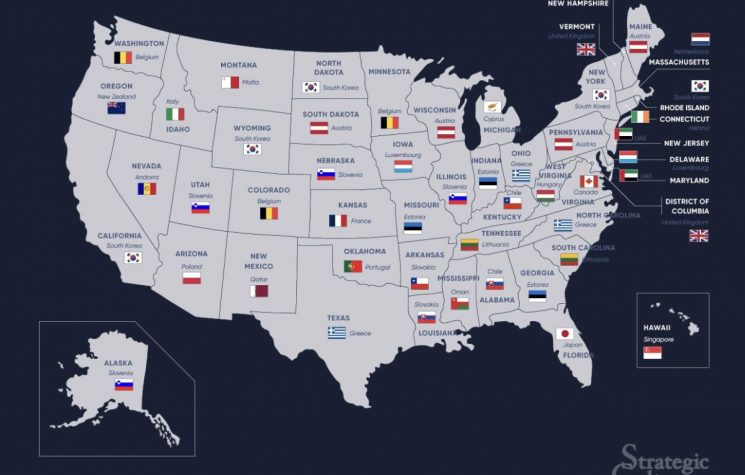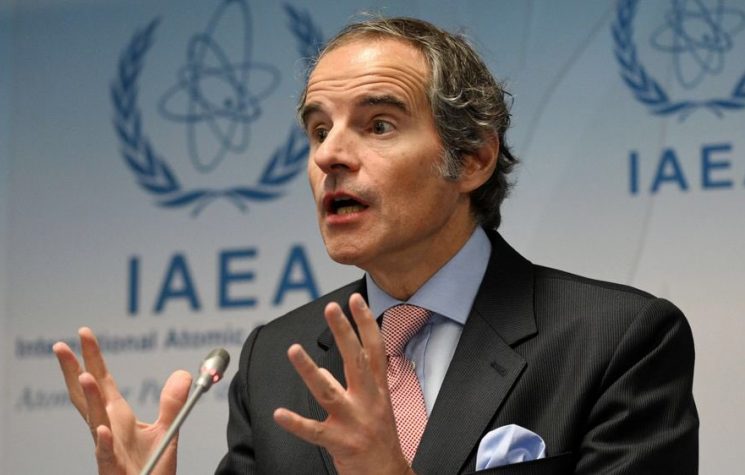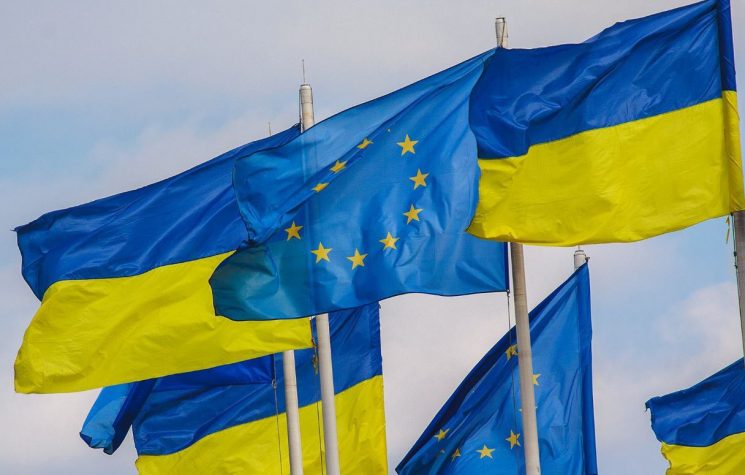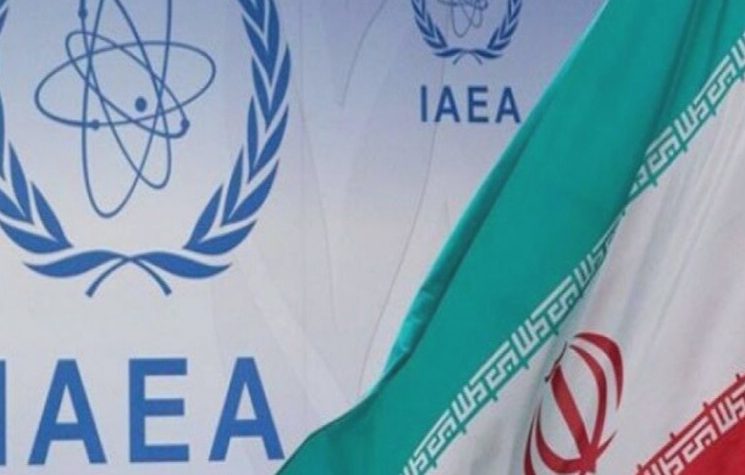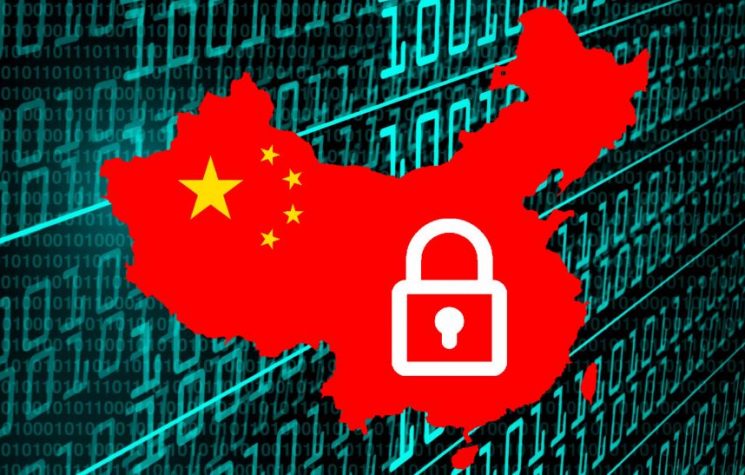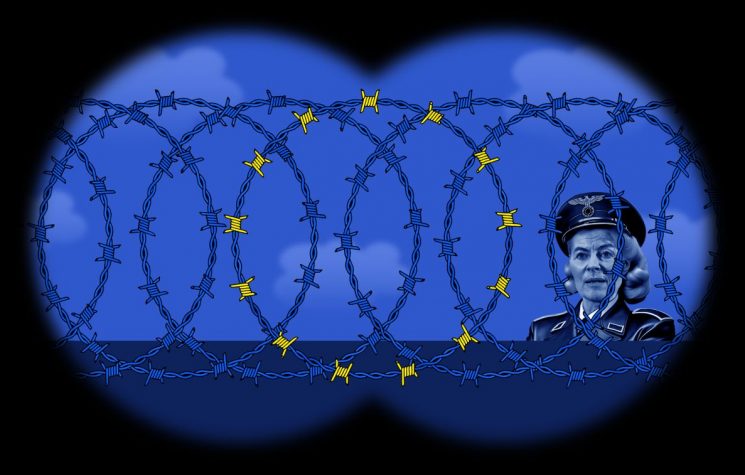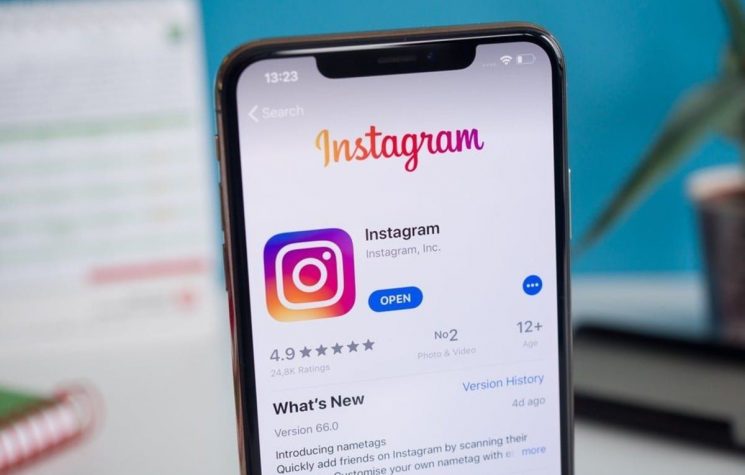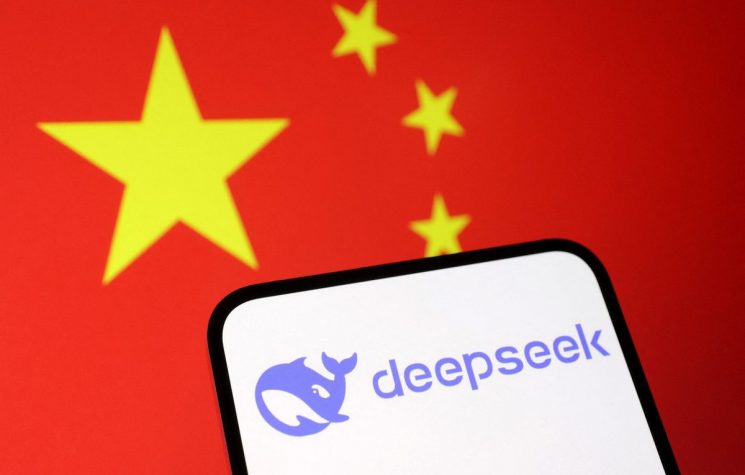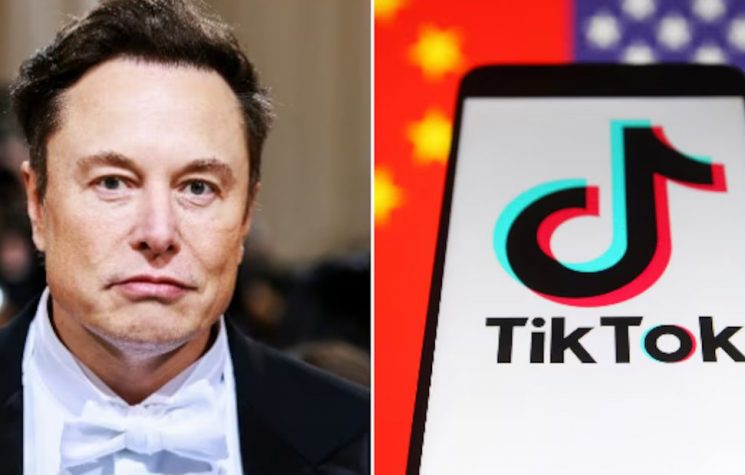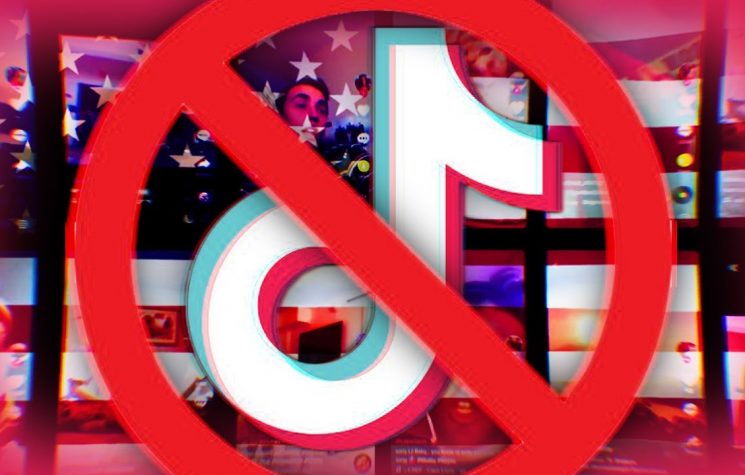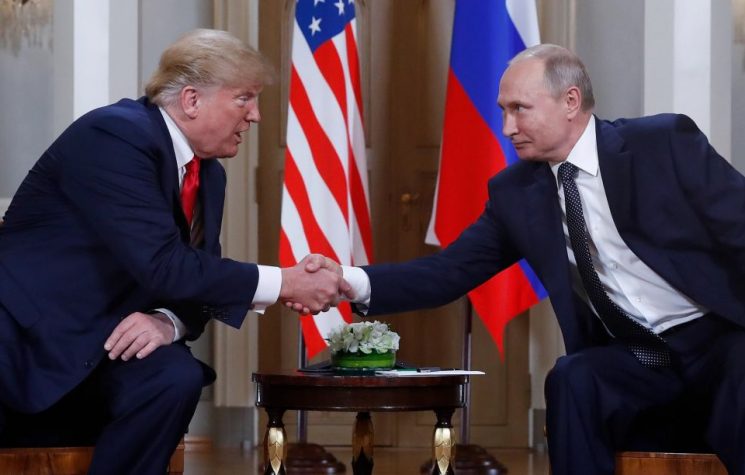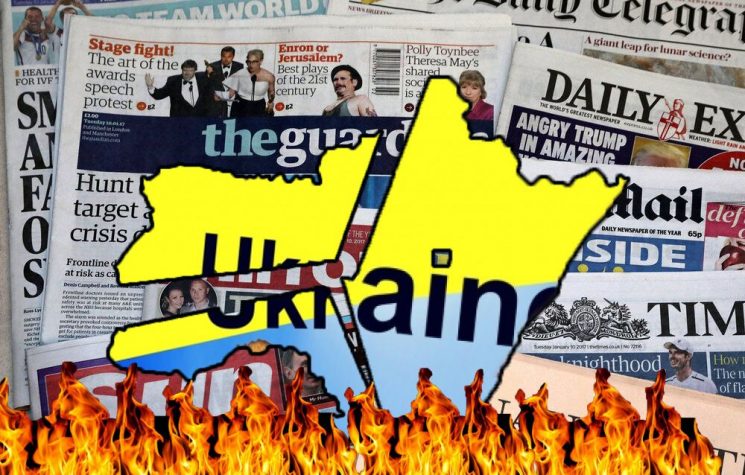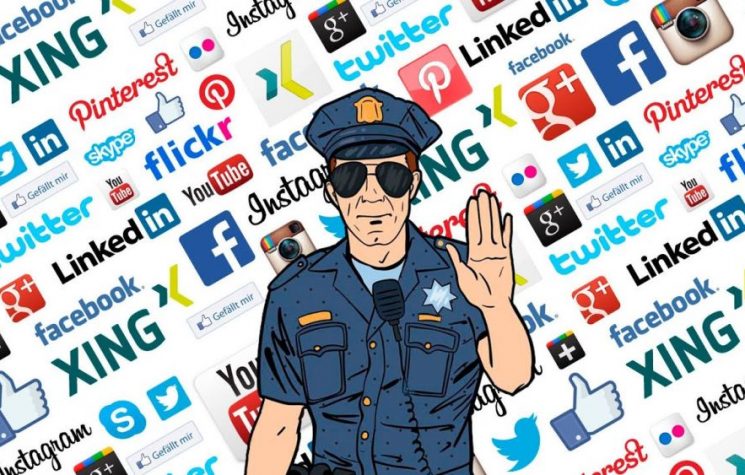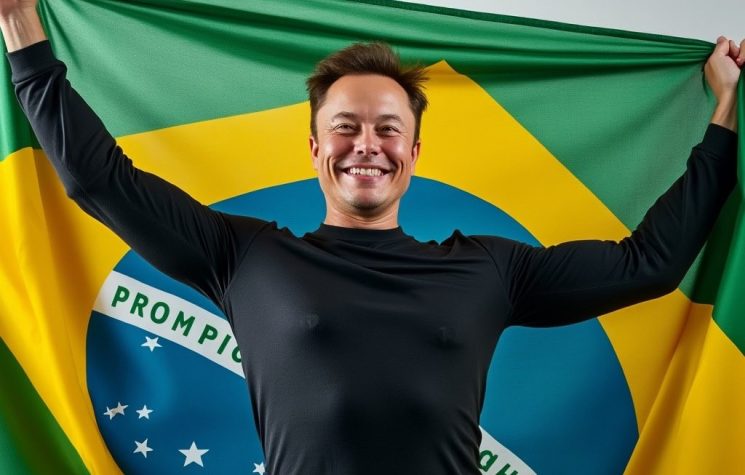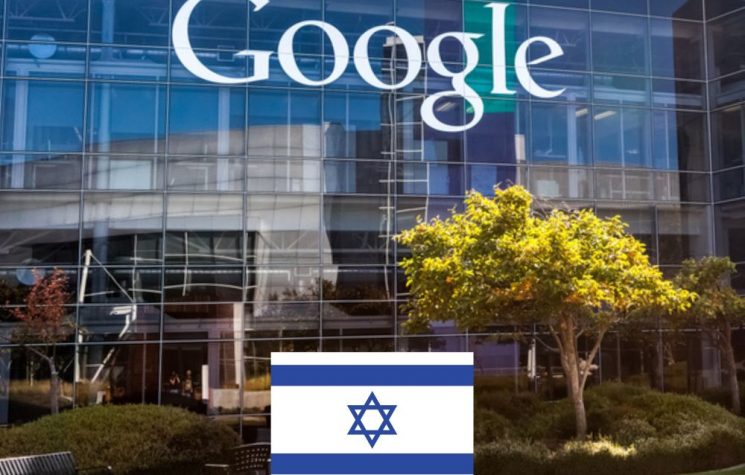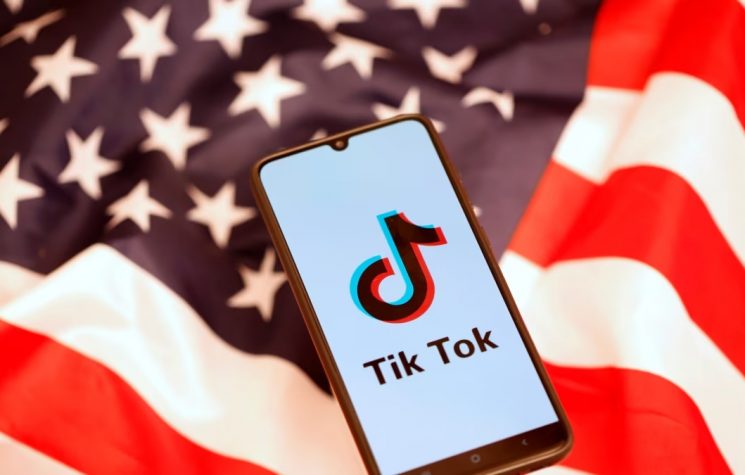TikTok not only destroys Silicon Valley’s monopoly by competing furiously with its platforms, it also steals their space, which was previously shielded, as the White House believed.
❗️Join us on Telegram![]() , Twitter
, Twitter![]() , and VK
, and VK![]() .
.
Contact us: info@strategic-culture.su
In the aftermath of Vladimir Putin’s resounding victory; after an election with a very high turnout (with a lower abstention rate than is usually the case in the West); an even higher approval rating for the current president of the Russian Federation; the contradiction between the real information, witnessed and verified by countless international observers, and the information broadcast on the White House-dominated communication spectrum, forces us to put into perspective an entire information battle taking place in the virtual universe.
When we see news that this or that Silicon Valley platform is leaving Russia, in the light of the war waged on TikTok by the U.S. plutocracy, we can only consider that this departure is fortunate for the country and its people. Had the Russian authorities not made the necessary efforts to build a sovereign digital ecosystem, leaving the country to the propaganda of California, would we be talking about the same results? I have my doubts!
A Rutgers study with the NCRI (Network Contagion Research Institute), on the alignment of TikTok with the geopolitical perspectives of the Communist Party of China, analyzes the information conveyed by the Chinese platform in comparison with Instagram, using, of course, the latter as a control reference.
Subsequently, they draw the conclusion that there is an alignment by saying that, comparing the number of posts between the two platforms, the “pernicious” TikTok and the “transparent” Instagram, posts about Uighurs are 1 (on TikTok) to 11 (on Instagram); about Tibet 1 to 38, Tiananmen 1 to 82 and “democracy in Hong Kong” 1 to 180. The study says that these are “sensitive” topics for the Chinese government. Not for a moment does it question the veracity of such sensitive information for “Communist China”.
A concrete example is the war in Ukraine subject, which pits NATO against the Russian Federation, where posts have a ratio of 5 (TikTok) to 8 (Instagram) when it comes to the “support Ukraine” movement, or the genocide in Gaza, where the ratio is 2 to 6 when it comes to “supporting Israel”. The study does little to analyze the metrics in reverse, i.e. in relation to hashtags that are in opposition to Washington’s interests. But what is truly conclusive is the total disparity between what is mentioned more or less on each of the platforms. The same accusation that is leveled at TikTok regarding sensitive topics for the Chinese government, could also be leveled at the U.S. administration when it comes to topics that run counter to its propaganda, on Silicon Valley platforms. Rutgers doesn’t deal with that, much less the algorithmic biases that justify the disparity in the treatment of certain topics. We know why they exist. And that reason doesn’t work in the White House’s favor, quite the opposite.
If an analysis of the hashtags, which are supposedly in China’s universe of interests, already shows us that what is in China’s interest is diametrically disinterested in Washington’s, there is one issue in particular that is much more sensitive than the rest, and that is the Palestinian cause. For every 3 posts of “support for Palestine” on TikTok, we only have 1 on Instagram. This tells us, in my opinion, more about the U.S. than about China. Considering that the Chinese government is known for not meddling in the internal affairs of other countries and considering that it maintains important trade relations with Israel, this gap between TikTok and Instagram is indicative, above all, of the concerns of the United States.
And here we have a brief indication of the real driving force behind the anti-TikTok wave that has been sweeping the Capitol. The truth is that the American-Jewish community has been the most active in anti-TikTok lobbying. An article on www.jewishreviewofbooks.com, with the title “Israel’s TikTok problem” says in so many words that “protecting Americans from TikTok’s political influence will be a gain for the relationship between Israel and its most important ally”. Words for what?
The big concern is the space given by TikTok to pro-Palestinian groups and ideas they call “antisemitic”, knowing how exacerbated the antisemitic sensitivities of Zionists are. The warning in this article is extremely serious, pointing to the serious problems this elite has with democracy itself. In addition to mentioning, as a negative factor, the demographic weight that countries such as Indonesia, Malaysia or Pakistan have in TikTok, influencing the algorithm – this democracy thing has a lot to say about it – the whole article appeals to the attention of the American ruling class to the fact that a generational confrontation between the young and the old is at stake. What really worries them is that younger people are far more “pro-Palestinian” than “pro-Israeli”. The culprit? It’s TikTok! Why is that? Because it prevents them from effectively spreading their propaganda.
This reality is even acknowledged in the article, when it criticizes the TikTok administration for not accepting a paid advertisement that dramatized the issue of the return of kidnapped Israeli citizens. At the same time, it is the website www.vox.com that reports on the fact that the Israeli foreign ministry spent 1.5 million dollars on propaganda on Youtube, X and the mainstream media about the lie – already confirmed – of the 40 beheaded babies. This is really TikTok’s main sin. Rather than spreading low-quality information or information aligned with Chinese pretensions, the platform is not controlled to the liking of Washington or Tel Aviv.
As if to make my point about democracy and the problems the White House has with it – well reported in its handling of the Russian elections and the choices made by the Russian people – the American Pew Research Center, in an analysis of the importance of social media for democracy, tells us that only in three countries does more than half the population say that social media is bad for democracy: the Netherlands, France and the United States. It’s ironic that the country that has the most social networks and controls them the most – contrary to what it assumes – is precisely the one in which the most people say that social networks are bad for democracy: in this case, the USA, with 64% of responses in the negative. Symptomatic, given the exposure to White House manipulation. Perhaps the American and European people don’t sleep that much.
What does this have to do with all the “Russiagate” propaganda, the anti-Trump “fakenews”, or the recent TikTok affair? In my opinion, everything! Above all, it’s a problem of dealing with an undeniable fact: the opening up of social networks to the world puts the White House’s pretensions in an unfavorable demographic position, dissolving the propaganda that Washington manufactures to denigrate governments that don’t obey it into a huge global majority. As such, platforms that don’t obey its dictates, deleting posts or users that contradict Western propaganda, must be banned. There is no shortage of articles such as the one on www.nbcnews.com, stating that “critics are renewing calls for TikTok to be banned, claiming it has an anti-Israel bias”. A whole unipolar model is at stake.
So, the U.S. problem with TikTok is simple. TikTok represents a digital counterpoint, on a par with the counterpoints that already exist in the real world. Until very recently, the virtual world was seen as a kind of heavenly paradise – like a neoliberal Garden of Eden – totally controlled by the U.S. power clique. Until, one day, some countries began to find solutions that favored the creation of their own digital ecosystems.
The fateful and strategic decision was made by the People’s Republic of China when it rejected a Google and Facebook “without manual brakes”, which did not operate according to the procedures that the White House had defined for its territory, but according to its own. Huawei, Tik-Tok, Weechat, Aliexpress and other top digital platforms are “children” of this decision, which is referred to in the West as “the great Firewall of China”. And the most cartoonish thing about this is that the existence of the “great firewall of China” is, above all, the responsibility of the aggressive and intrusive American foreign policy. If there is any truth to the Rutgers study, it is that the American anti-Chinese agenda has been partly responsible for the generational problems that the U.S. now encounters among its population and which concern relations between its American territory and its arm in the Middle East.
And this reading can be partially confirmed in a Quinnipiac University poll from October 17, 2023, which says that voters aged 18-34 (39%) disapprove of sending arms to Israel to fight Hamas, those aged 35-49 (35%), while those over 50 (only 17%) disapprove. In other words, there is a clear generational divide (50% difference), confirmed by the fact that TikTok’s metrics show an equal number of views over the last 30 days for videos with the hashtag “I support Palestine” and “I support Israel”. Something that doesn’t happen on Silicon Valley platforms.
In response to China’s intention not to be dependent on an ecosystem dominated by Washington, attacks have poured in. “There is no freedom in China”; “there is so much dictatorship in China that not even Google is the same”. Symptomatically, both China and Russia demonstrated early on that they wanted to develop their own digital environment, anticipating, as independently as they did wisely, the risks associated with large-scale access to the minds of their peoples. Through the back door, the White House’s attitude has proved both countries right. Today, it is the White House that wants to protect its vital virtual space.
You may or may not agree with the limitations that the PRC demanded of the search engine at the time, and whose unwillingness to accept them led to the blocking of these applications. Today, we realize that for Alphabet and Meta it wasn’t a question of agreeing to apply “limits”, but of who defined them and ordered them to be applied. Quite simply – and paradoxically – it was up to Uncle Sam to apply limitations, and the Chinese state itself did not have the power to apply them on its territory. Conversely, by applying them here more than ever, Uncle Sam is accusing the PRC of wanting to impose a “digital autocracy”.
Thus, on the material level, with the inauguration of the multipolar world, the growing autonomy of nations such as Iran, China, Russia, India, Brazil, Saudi Arabia and South Africa, it wasn’t long before the “threat” of multipolarity began to be felt on the digital level too. In my opinion, the imposition of the “great firewall of China” was an important step in this process.
The first symptom of this success was Huawei, which challenged the dictatorship of communication technologies, until then monopolized by the U.S. Above all, Huawei meant access to the most advanced technologies of the future for a country considered “lesser” by the Anglo-Saxon supremacist elite and their wannabes. Stemming this development has become one of the main tasks of the U.S., of its “contain China” enterprise. An obvious sign of this success is that U.S. discourse is moving from the level of “containing China” to the more acute level of “countering China”, which seems to indicate a recognition of failure. It is no longer a question of “containing”, but of contradicting, annulling, counter-attacking, “countering” what has not been contained.
The result of these choices is that anyone who reads the bill H.R. 7521 (Protecting Americans from Foreign Adversary Controlled Applications Act) or the report issued by the Energy and Commerce Committee, which served as the basis for the bill, can see from the U.S.’s own words what China’s main concerns were at the time of the attempt by Google and Facebook to enter its territory without limits. All the risks that are pointed out to TikTok, many of which have already been pointed out to Huawei, are known practices by the U.S. against countries that do not guard their virtual space as they should and as the protection of their sovereignty and the interests of their peoples would demand.
This is what the Energy and Commerce Committee report says right at the start: “Foreign adversaries have used access to data (…) to disrupt Americans’ daily lives, conduct espionage activities, and push disinformation and propaganda campaigns in an attempt to undermine our democracy and gain global influence and control.”
Symptomatically, we have to take this “control” and “national interest” thing very seriously. According to the data provided by the report itself, TikTok is in 150 countries and serves 1 billion people, including 170 million Americans. And this is a real drama for Washington. How can you control the minds of a people when half of them follow a platform you don’t control? How do you manipulate the minds of 170 million Americans when the technology that could be used to manipulate them is in China? How can you collect the data of 170 million people, aggregating it into profiles and predicting their behavior, so that you can push them in the desired directions, when that data is stored in China? If Israel is in danger, then so are the dollar and hegemony.
Meanwhile, the triggering of the panic button is also related to the effect that Tik-Tok has as a disruptor of the virtual, monopolistic environment created in Silycon Valey. The CIA, through DARPA (Defense Advanced Research Projects Agency), has created an entire virtual ecosystem, transporting every one of its people’s minds into it. This ecosystem, controlled throughout the West only by the security agencies at Washington’s service, wanted a certain degree of invulnerability. In order to be perfect, the flow of data had to be closed and watertight, so that the algorithms could not be infected and, with it, the “harmonious” functioning of the system of “surveillance capitalism”, as Shoshana Zuboff rightly called it, could not be disrupted.
It is this ecosystem, through which U.S. security agencies monitor all the digital information of the world’s peoples in real time, predicting and producing behavior, promoting and demoting parties, governments and public figures, accelerating or delaying agendas, that is at stake. Above all, with TikTok, the Washington regime’s concern exceeds the Trump administration’s anxiety levels with Huawei. Badly or well, with Huawei it was about the more structural, more architectural technological aspects. With TikTok, what’s at stake is the very central nervous system of the internet. China now has privileged access to the neuronal network and the central nervous system of a body, which the U.S. had created in order to dominate the world.
With the virtual monopoly deeply affected, on its own territory, the U.S. is choosing to shoot itself in the foot, as it did when it decided to load Russia with endless sanctions. With this action on TikTok, the U.S. is sending out another serious warning to countries that hold capital and investments in the West. At any moment, a change in the law, a geopolitical pretext or a false accusation could justify confiscation.
To position TikTok in the firing line, the U.S. is once again looking in the mirror. In the preamble, the bill, H.R. 7521, refers to the Chinese National Security Law, published in 2017, clearly distorting both its content and its territorial scope. Referring to what we know to be Article 7 of that law – through the report of the Energy and Commerce Committee – they state that there is a risk that Tik-Tok will be called upon to share international personal data with the Chinese government, since, as they claim, all organizations, public or private, have to collaborate with the efforts of the Chinese intelligence services. This is at least partly true. The text of Article 7 of the PRC’s National Security Law reads: “All organizations and citizens shall support, assist and cooperate with national intelligence efforts in accordance with the law, and protect the secrets of national intelligence work of which they are aware.”
What the text of the proposal doesn’t mention is what’s in the next article of China’s National Security Law. After all, Article 8 of the same law requires “respecting and protecting human rights, protecting the rights and interests of individuals and organizations”. In other words, contrary to what the U.S. Congress says, this aid is conditional on compliance with the law and the rights of citizens and organizations, and is not a discretionary, authoritarian or autocratic power.
But the main distortion introduced in the energy and trade committee’s report is the territorial interpretation of the Chinese National Security Law. Article 7 of the PRC National Security Law is to be read within the framework of the Chinese constitution, i.e. cooperation is limited to persons and organizations of Chinese nationality, in relation to actions carried out on Chinese territory.
And it is precisely in China that Bytedance maintains its fundamental technological base. That really is the biggest obstacle for the U.S. Contrary to what the promoters of the proposal to “protect Americans from foreign adversaries – the Controlled Applications Act” say, this is not about the fear that their 170 million Americans will be monitored. After all, realistically, we all know from practice and theory that China has a doctrine of non-interference in the internal affairs of other countries. No matter how much they talk about the Chinese “Data Protection” Law of 2020, arguing that it provides for the use of personal and organizational data to prevent and anticipate risks to national security, none of this is groundbreaking or an exception these days in any country that cares about protecting its people. Monitoring all the people, as the U.S. does, is completely unjustified.
What really worries the American plutocratic and gerontocratic regime is monopoly. An empire is made up of monopolies, and to be an empire it’s not enough to be big, you have to monopolize. And in order to build and maintain a hegemonic empire, it is essential to monopolize the structural sectors of the economy. And this is the real problem. TikTok not only destroys Silicon Valley’s monopoly by competing furiously with these platforms, it also steals their space, which was previously shielded, as the White House believed.
To protect what’s left of the monopoly, how about choosing someone who feels sentimentally connected to it? The choice fell on the illustrious New Delhi-born congressman of Indian descent, Raja Krishnamoorthi. What is certain is that Raja has everything to do with anti-Chinese things, such as his responsibilities on the “U.S. House Select Committee on Strategic Competition between the United States and the Chinese Communist Party”. The Democratic intention is obvious, a way of turning something political into a personal agenda that seeks confrontation and direct provocation.
Thus, we are witnessing yet another act of desperation, the effect of which will be to increase the already established mistrust of the seriousness with which the West views its own “free and open market” ideology. At the head of a sector inaugurated by the U.S. itself, surpassing them at their own game, Titok and China are thus demonstrating that the days of exclusivity and restricted access to the best the world has to offer are long gone. Just as Russia had already shown that the time for excesses around its territory was over.
So, thinking about empires and monopolies – with reference to a resolution recently passed in the European Parliament that aims to “decolonize, de-imperialize and re-federalize Russia” – this TikTok issue once again demonstrates the existence of a disintegration movement. TikTok is to the virtual world as BRICS is to de-dollarization in the material world. Both are inexorable processes that threaten to accelerate the “de-imperialization” of the West.
TikTok’s relationship with Israel is premonitory. The defeat imposed by TikTok on the Zionist narrative is not unrelated to Israel’s role in securing the petrodollar, hegemony and its defeat by the multipolar world. TikTok puts everything at risk!








